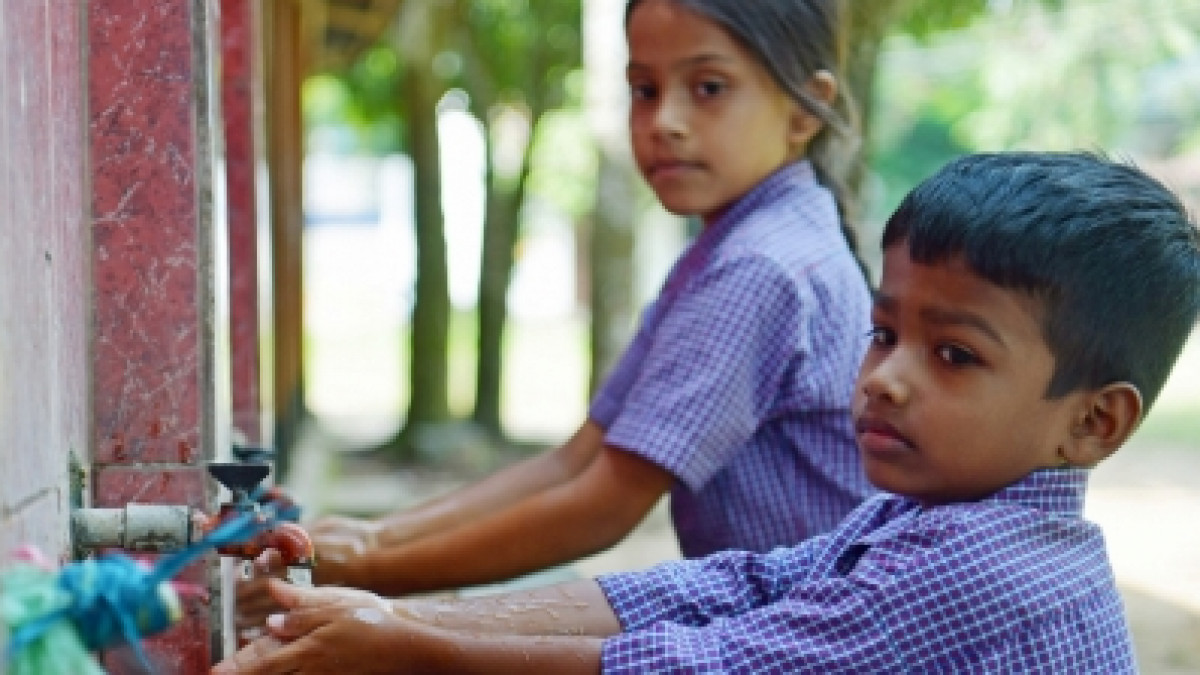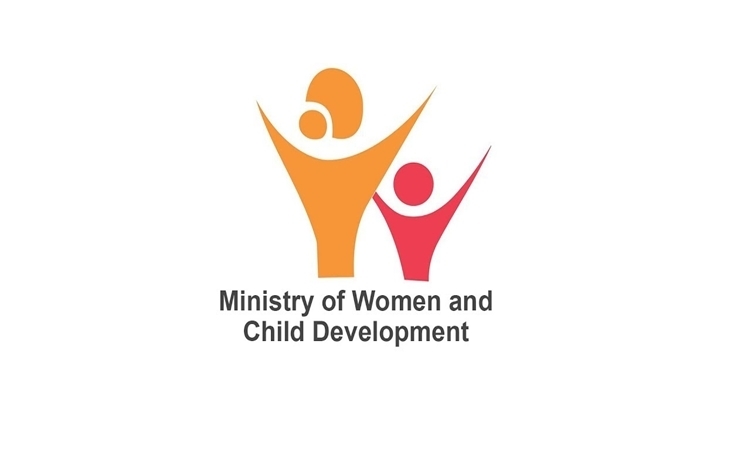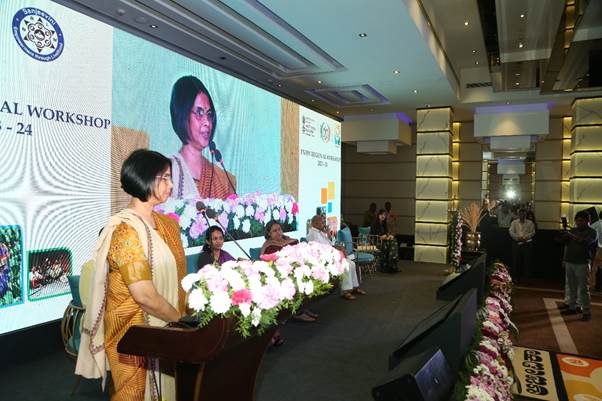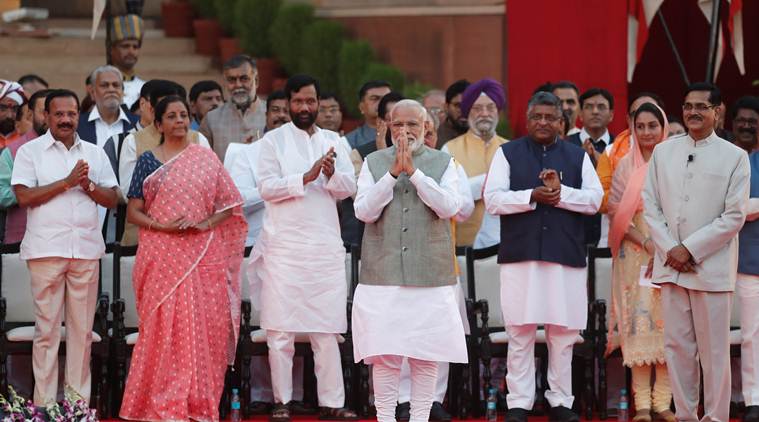India’s Ministry of Women and Child Development is launching a transformative initiative to overhaul early childhood care and education (ECCE) nationwide. This two-pronged approach recognizes the early years’ critical significance and empowers caregivers and educators to nurture a well-rounded foundation for all children.
 Building a Strong Foundation (3-6 years old):
Building a Strong Foundation (3-6 years old):
- Beyond ABCs: Holistic Development: The National Curriculum for ECCE goes beyond rote learning, acknowledging the importance of a holistic approach. It encompasses physical development, cognitive skills, language and literacy, socio-emotional understanding, cultural appreciation, and fostering positive habits.
- Learning Through Play: This curriculum prioritizes play-based learning, a well-established method that fosters a love for learning through engaging activities. It provides a structured yet flexible weekly schedule with a mix of active learning phases, reinforcement exercises to solidify concepts, and introductory lessons to spark curiosity.
- Catering to Diverse Learners: Recognizing individual learning styles, the curriculum offers a combination of in-centre and at-home activities. This allows for both child-led exploration and educator-guided sessions, catering to kinesthetic, auditory, and visual learners. It empowers educators with robust assessment tools to track individual progress and celebrate each child’s unique learning journey.
- Inclusion for All: Ensuring no child is left behind, the curriculum incorporates a special focus on identifying and supporting children with disabilities (Divyang children) through screenings, referrals, and adaptations within activities.
- Community Engagement: The curriculum promotes community involvement by designating dedicated ECCE days within Anganwadi centres. Additionally, it suggests a continuum of home learning activities, fostering collaboration between educators and families.
Empowering Caregivers for the Early Years (Birth-3 years old):
- Nurturing Caregivers, Nurturing Young Minds: The National Framework for Early Childhood Stimulation recognizes the crucial role of caregivers in a child’s initial years. It equips Anganwadi workers and caregivers with the knowledge and tools to provide responsive caregiving and stimulating experiences for infants and toddlers.
- Bridging the Knowledge Gap: This framework addresses the gap in understanding how care and stimulation contribute to optimal development in the crucial early years. Drawing on the Nurturing Care Framework, it emphasizes the importance of responsive caregiving and the profound impact a caregiver’s role has on a child’s life.
- The Power of Interaction: The framework highlights the “serve and return” principle, which encourages interaction and positive responses to a child’s cues. It emphasizes three key caregiver actions: love, talk, and play, along with positive guidance techniques.
- Making Stimulation Accessible: To ensure accessibility and cater to diverse home environments, the framework provides a treasure trove of age-specific activities (enough for 36 months!) that can be done at home, Anganwadi centres, or crèches. It extends these opportunities further by suggesting incorporating them during home visits, monthly meetings, and community events.
- Inclusion from the Start: Similar to the ECCE curriculum, this framework prioritizes inclusion with a focus on screening, referrals, and adaptations for Divyang children.




